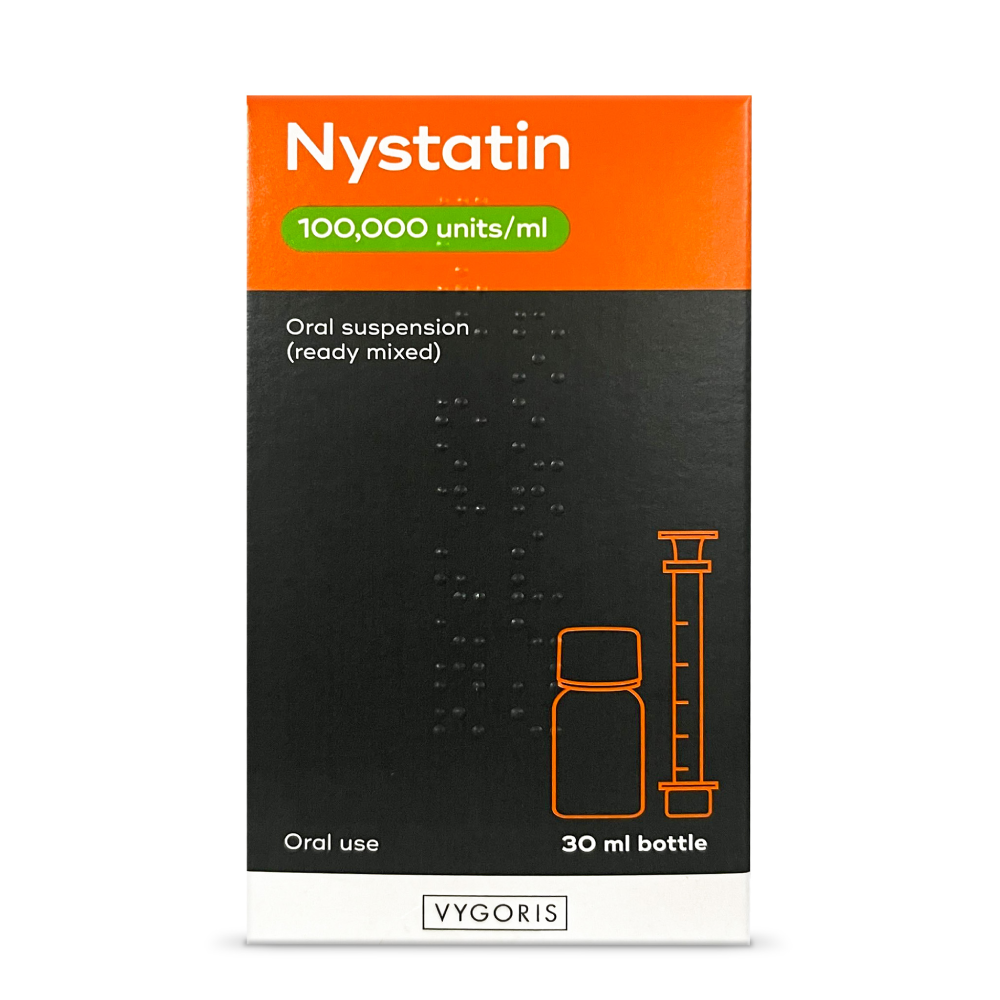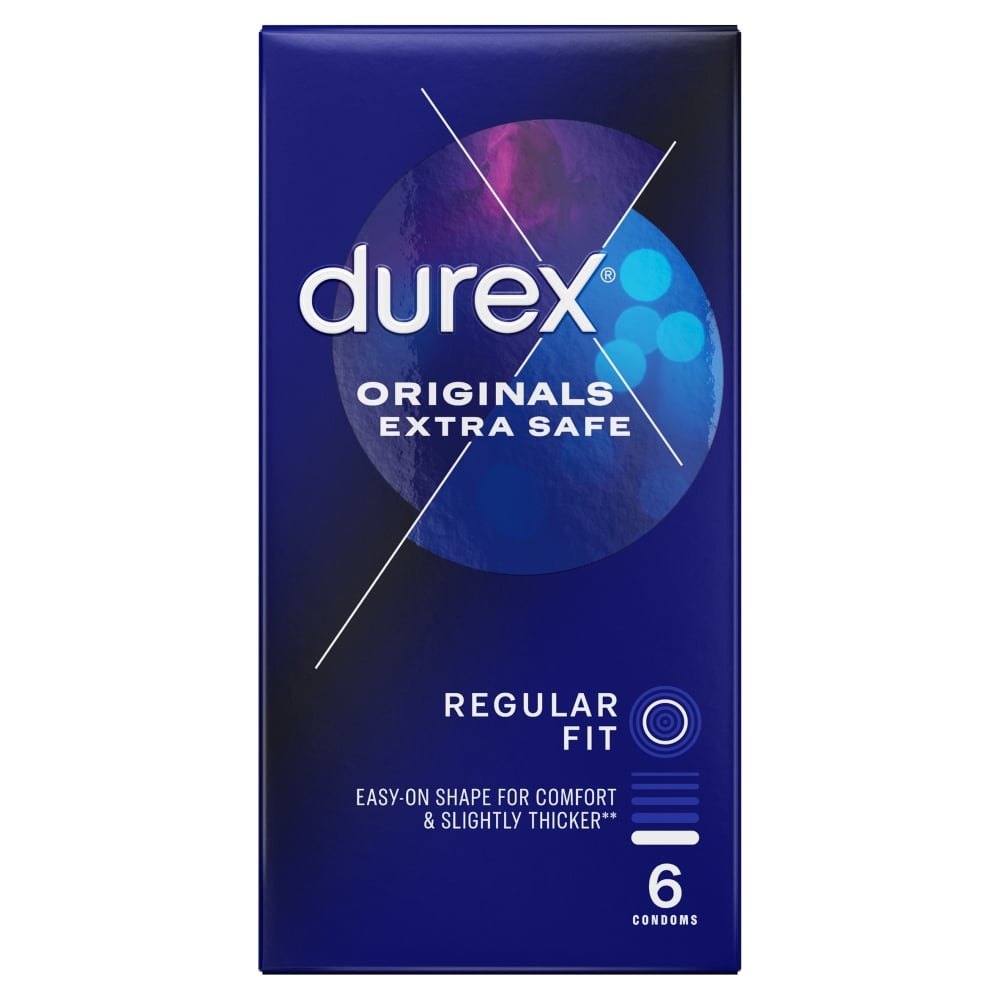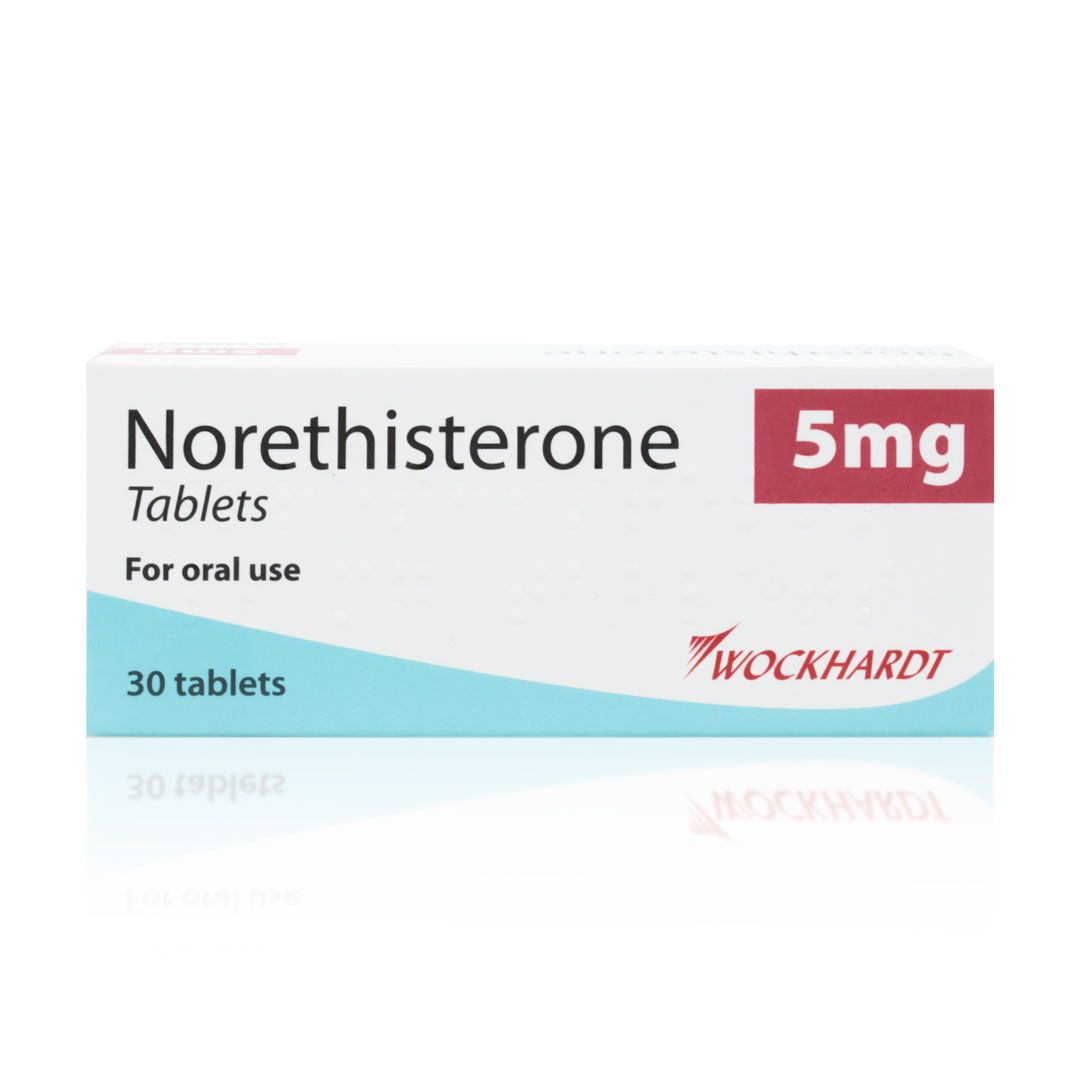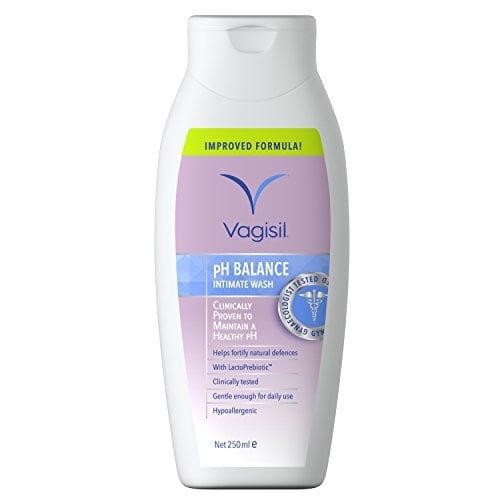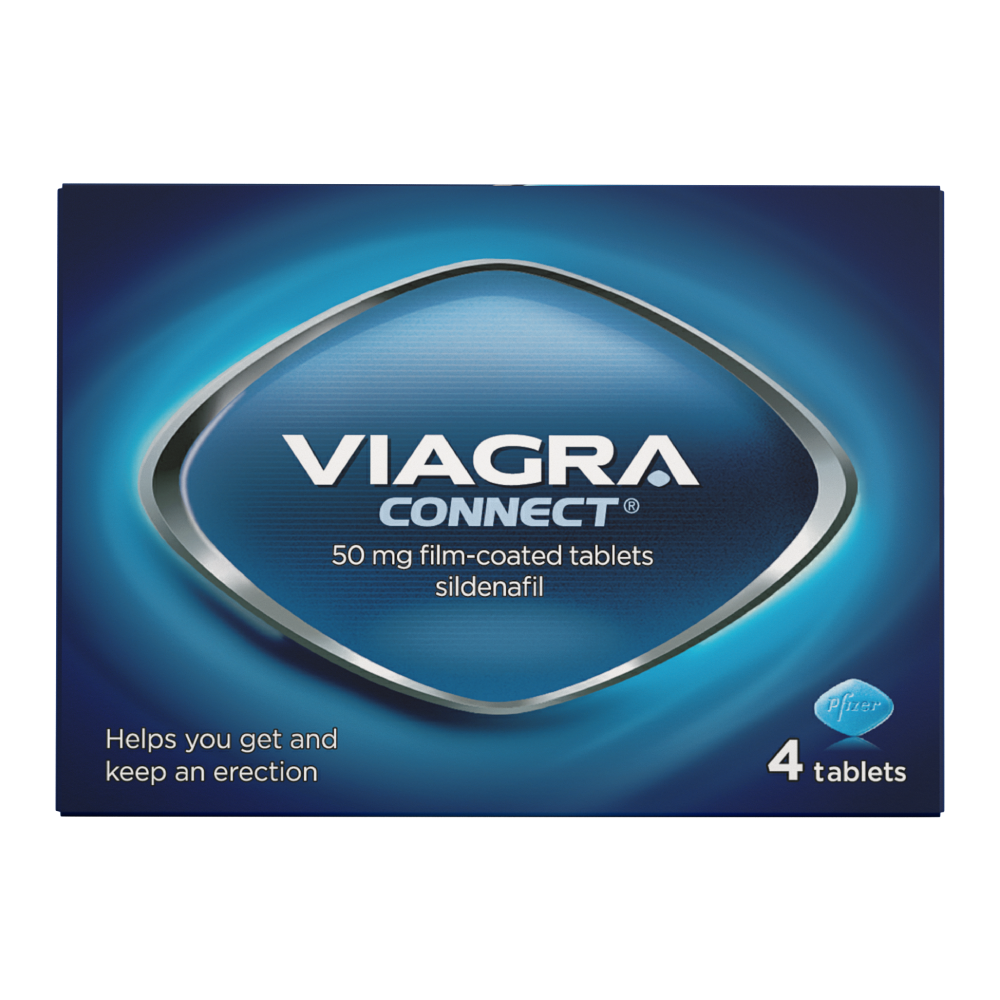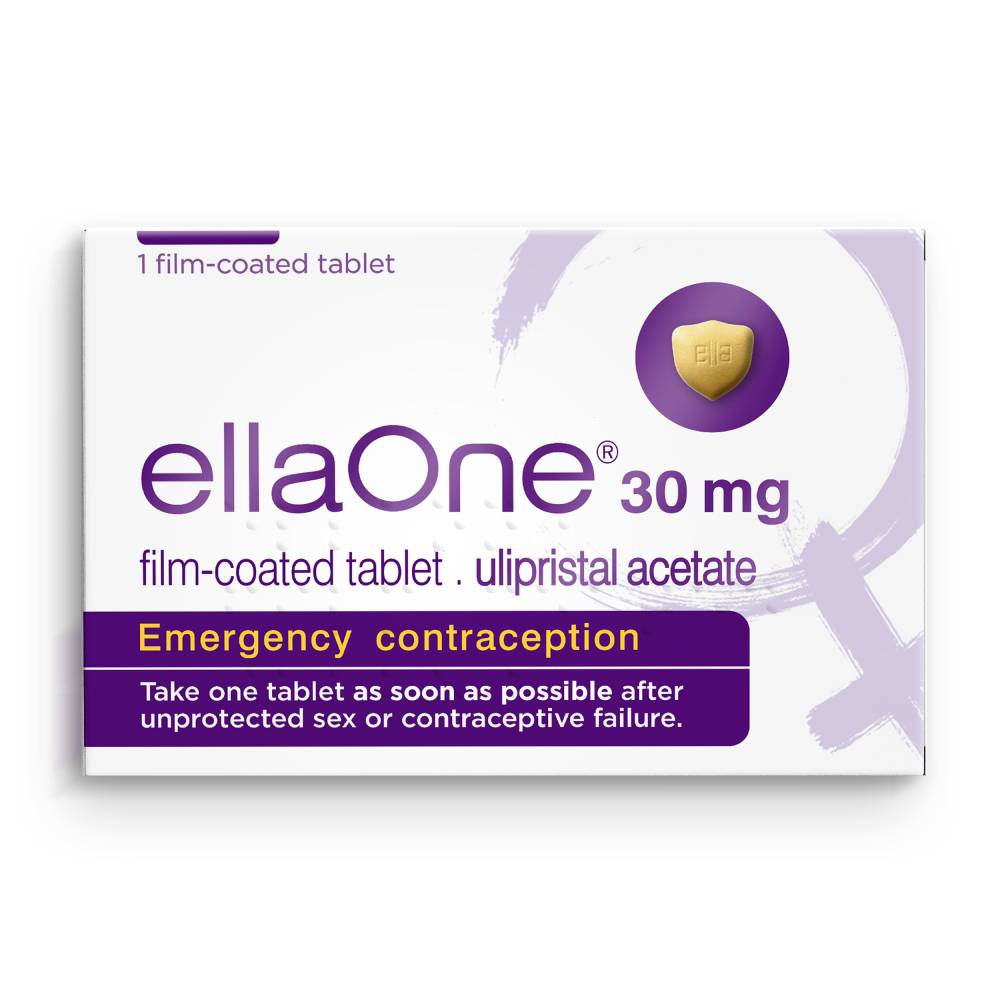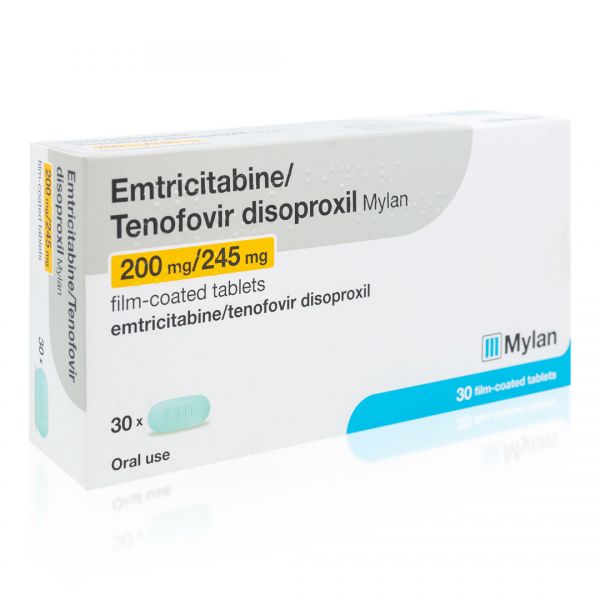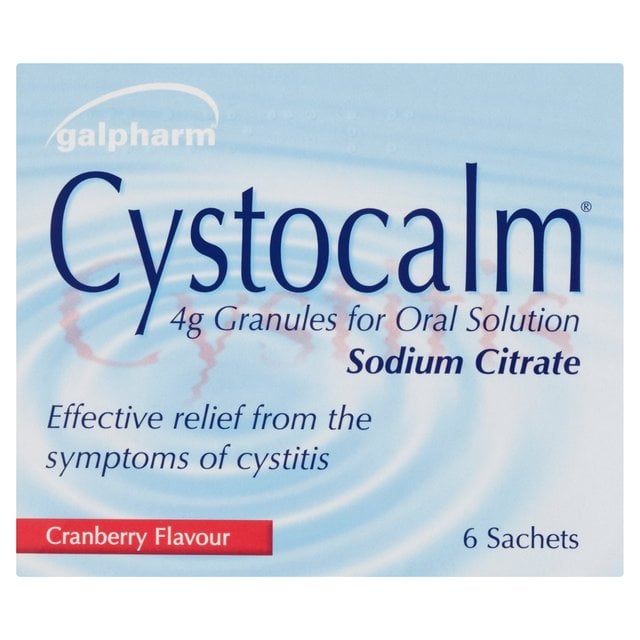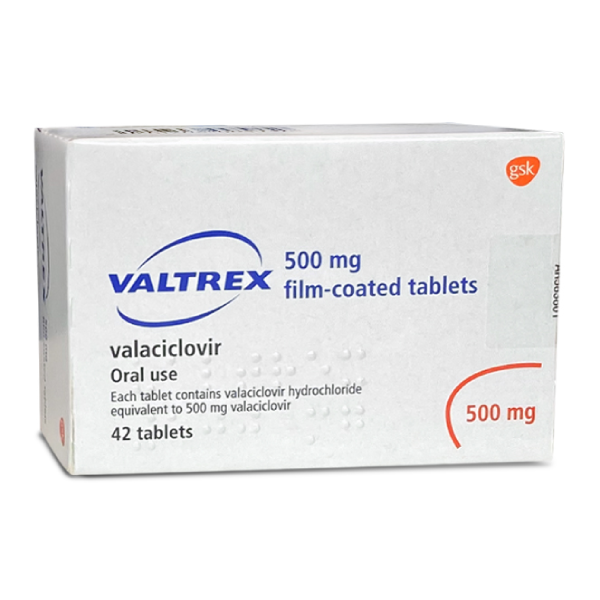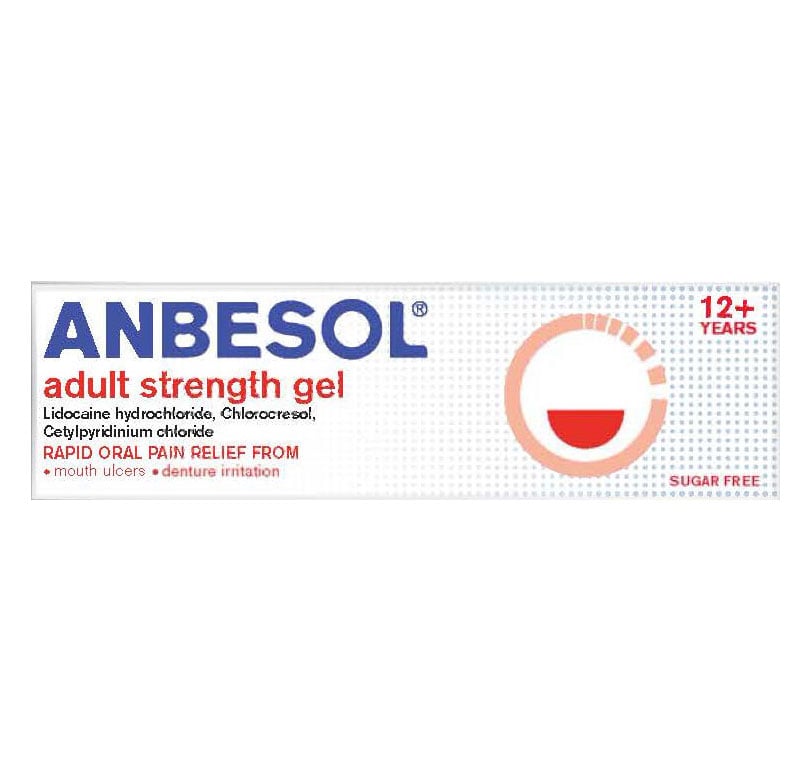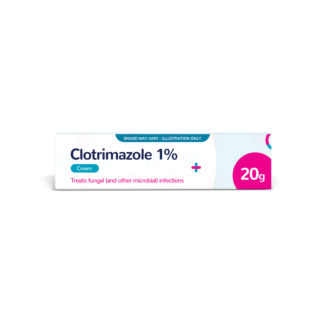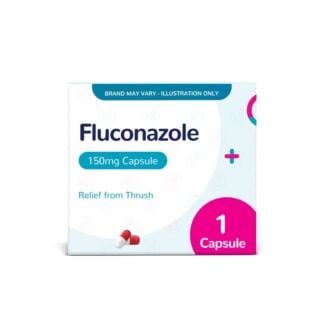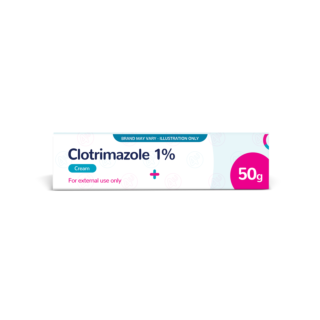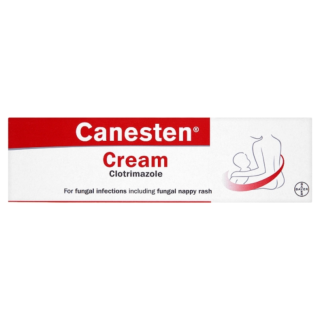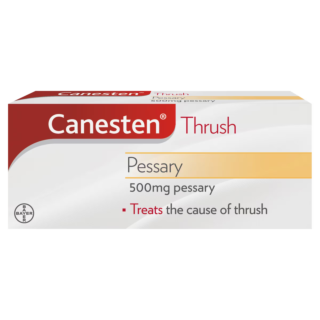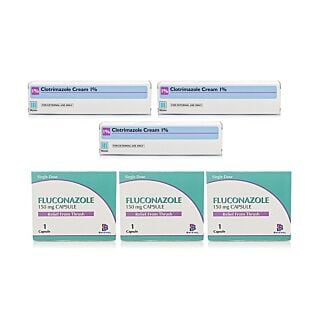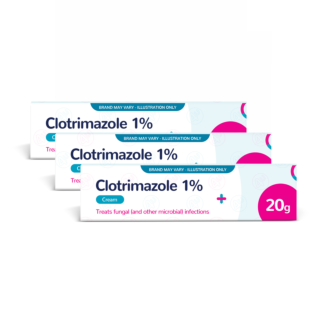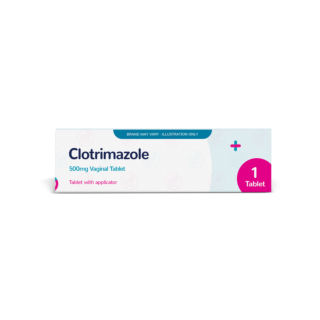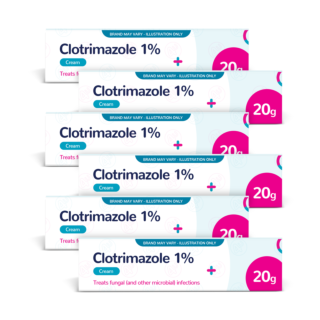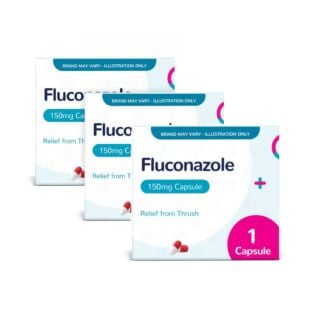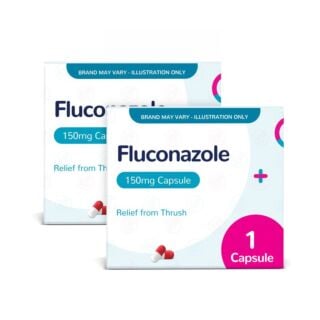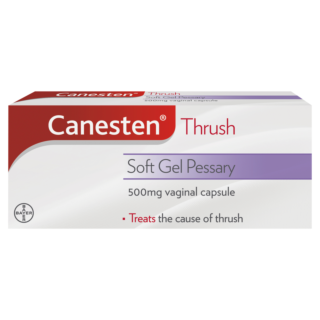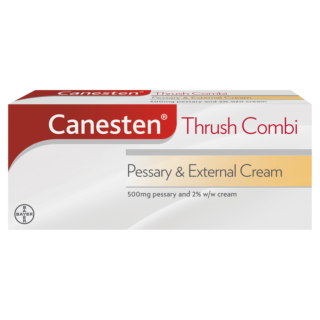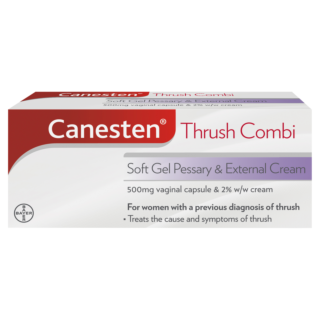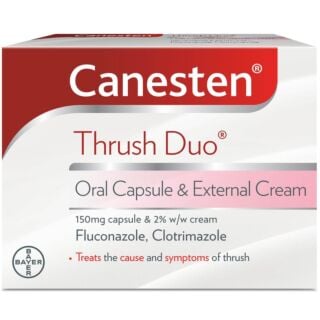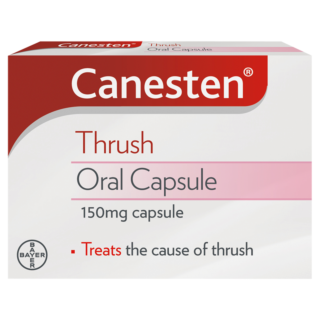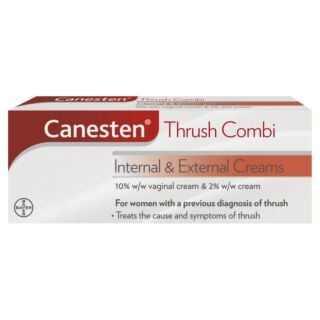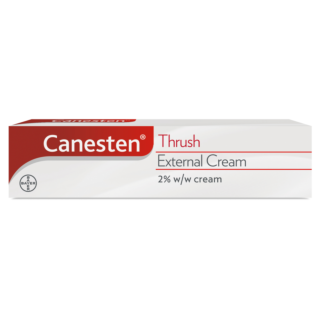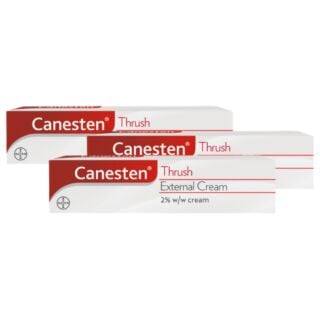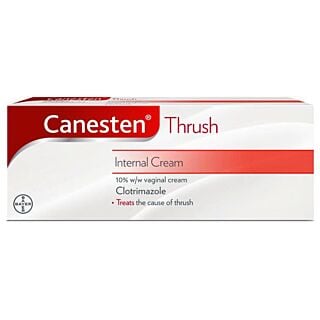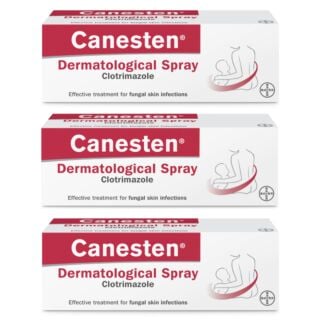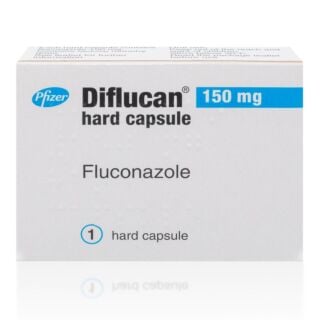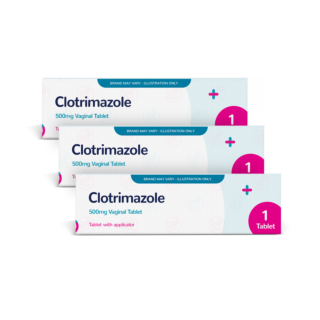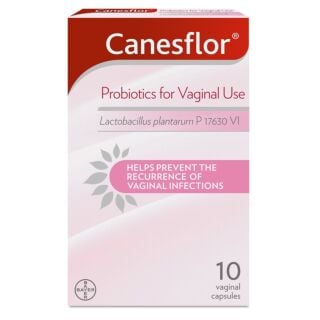Thrush
Thrush, also known as candidiasis, is that never welcome visitor many people are all too familiar with. If you’ve felt that itchy, burning, stinging sensation between your legs, or elsewhere, chances are you’ve had a brush with thrush. … Read More See less
However, while thrush can seem like a cause for embarrassment, the fact is it’s incredibly common[1]. Interestingly, while vaginal thrush is often the kind that comes to mind, thrush occurs equally in males and females[2].
On the plus side, occasional thrush isn’t a threat to your overall health. However, it can be incredibly uncomfortable and disruptive. What’s more, if left untreated, thrush can lead to more severe infections in your internal organs. So it’s always best to be on the safe side and treat it sooner rather than later.
With that in mind, we’ve pieced together everything you need to know about thrush, all in one place. Keep reading to find out all about the bacteria that cause thrush, how it’s diagnosed and, most importantly, how you can get relief.
What is thrush?
Thrush is a fungal infection that occurs when the Candida species of fungus overgrows[3]. Candida lives in warm, moist areas, such as the vagina, penis, mouth and in the folds of your skin[4]. As a result, these are the areas typically affected by thrush.
Many types of Candida naturally live on your body without causing any health effects[5]. These include Candida albicans, Candida glabrata, Candida parapsilosis, Candida tropicalis, and Candida krusei. They are normally prevented from overgrowing by healthy bacteria. However, if the balance of healthy bacteria to Candida becomes unbalanced, Candida can grow out of control and cause thrush.
There are different types of thrush depending on the location of the infection[6]:
- Cutaneous thrush (cutaneous candidiasis) – the term cutaneous refers to your skin. Cutaneous thrush can develop anywhere on your skin, including the face, but tends to develop in the folds of your skin, such as in your underarms, under your breasts and near your buttocks. It causes an itchy rash, soreness, white patches and cracked, dry skin at the corners of your mouth
- Nail candidiasis (fungal nail infection) – you are most likely to get a fungal nail infection in your toenails if your feet are constantly warm and sweaty. However, nail candidiasis can also affect your fingernails. It tends to start at the edges of your nail and, as it moves inward, gradually thicken the nail, turning it white or yellowish. In severe cases, the whole nail may separate from the nail bed
- Oral thrush (oral candidiasis) – thrush in your mouth, throat, tongue and oesophagus is called oral thrush. It causes the inside of your mouth to become very red and sore. It also causes white patches to develop that can bleed when you attempt to wipe them off. Babies with oral thrush often have a white coating on their tongue. Find out more about oral thrush symptoms and oral thrush treatments.
- Vaginal thrush (vaginal candidiasis or yeast infection) – thrush commonly occurs in the vagina. It causes irritation and itching around the vagina and vulva, white vaginal discharge (which does not smell) and soreness and stinging when you have sex or pee
- Male thrush (penile candidiasis) – though less common, thrush can also develop around the head of the penis and the foreskin. It causes pain, swelling, burning, itching, white discharge and a foul smell
Thrush symptoms
The symptoms of thrush vary depending on the location of the infection, but they often include[7]:
- Thick, white vaginal discharge (that looks like cottage cheese)
- Thick, white discharge from the penis
- Foul-smelling discharge
- A burning sensation
- Itchiness
- Soreness and stinging
- A rash
- White or yellowish patches
- Redness, which can be difficult to see on brown or black skin
- Sores or blisters
- Cracked skin
- Loss of taste
How is thrush diagnosed?
You don’t always need to see a healthcare provider for thrush[8]. However, there are some instances when it’s best to seek advice from your GP:
- If you’ve never had thrush before and are not sure whether it is thrush
- If you’re under 16 or over 60 years old
- If you're pregnant or breastfeeding
- If you’ve had thrush before but your symptoms have changed
- If you’re immunocompromised
- If your symptoms don’t improve with treatment or get worse
- If you or your partner have recently had an STI
To diagnose thrush, your GP will[9]:
- Perform a visual examination of the affected area
- Ask you to describe your symptoms, how long you’ve had them for and how severe they are
- Ask you questions about your medical and sexual history
They may also use a swab (cotton bud) to collect a sample which will be tested in a laboratory for the presence of Candida[10]. For example, if:
- They want to be sure thrush is the correct diagnosis
- You have recurrent thrush
- Treatments aren’t improving the condition
What causes thrush?
Thrush occurs when the balance between your good bacteria and the Candida species of fungus is disrupted. Things that can disrupt this balance include[11]:
- Cancer – cancer treatments damage the body's mucous membranes and weaken the immune system
- Poorly controlled diabetes – high sugar levels provide better conditions for the yeast to grow
- Stress – chronic stress can impact your immune system’s ability to fight off infections
- Diets high in carbohydrates and sugar – certain sugars and carbohydrates have been found to contribute to yeast growth, which may be why people who eat a lot of refined carbohydrates and sugar are more prone to developing thrush
- Skin damage or irritation – your skin usually provides a barrier against infection. However, if your skin is damaged or irritated, it can allow an overgrowth of Candida to dig under your skin
- Taking antibiotics – antibiotics kill off the good bacteria which prevent Candida from growing out of control
- Hormonal birth control – birth control methods that affect that balance of oestrogen and progesterone in our bodies can alter the natural microflora of the vagina
- Corticosteroid inhalers – inhalers which contain corticosteroids can weaken your immune system in your mouth and throat, leading to oral thrush
- A weakened immune system – in healthy people, the immune system keeps the Candida fungus under control. However, health conditions such as HIV/AIDS can weaken your immune system
- Hormone replacement therapy (HRT) – HRT can increase your oestrogen levels. However, it’s been suggested that oestrogen weakens the immune system’s ability to destroy Candida albicans, the fungus associated with vaginal thrush
- Pregnancy – similarly to HRT, during pregnancy you have more oestrogen in your body, which can make you more susceptible to thrush. Don’t worry if you have thrush when your baby is born. Your baby may pick up the infection during the delivery, however, this isn’t a cause for concern and is easily treated
- Menopause – during menopause, a reduction in oestrogen levels can cause the vaginal tissue to become drier, more delicate and lose its natural defences against Candida
How can thrush be treated?
Looking for immediate thrush relief? We get it. Thankfully, there are several very effective thrush treatment options available. Plus, there’s plenty you can do to ease the symptoms of thrush while you wait for it to clear up.
Though, if you’re pregnant you should speak to your GP or a midwife before using any treatments for thrush.
Antifungal medicines
Antifungal medicines are the primary method for treating thrush. Depending on the type of thrush you have, your healthcare provider may prescribe antifungal thrush cream, pessaries (tablets inserted into the vagina) or oral tablets. However, severe infections may need to be treated with an antifungal injection[12].
Clotrimazole
Clotrimazole is an antifungal medicine that works against thrush by killing the Candida yeast[13]. It usually treats thrush within seven days, but it's best to keep using the medicine for at least two weeks to stop it coming back. However, you should not use clotrimazole for more than 14 days, unless specifically instructed to by your healthcare provider.
Clotrimazole comes as:
- An external cream – for vaginal thrush and thrush on the penis, breasts, armpits and between the fingers
- An internal cream – for vaginal thrush
- A pessary – for vaginal thrush
For vaginal thrush, you can use either pessaries or cream, or both at the same time. The pessaries and external cream are often sold in combination.
Clotrimazole can cause:
- An itching or burning feeling in the area being treated
- Damage to the latex used in condoms and diaphragms, which can reduce the effectiveness of contraception. This is only a side effect of the thrush cream
- Fungal resistance to the medicine if used too often
Fluconazole
Fluconazole is an antifungal medicine that can be used to treat vaginal thrush, male thrush and oral thrush[14]. It can also be used to prevent thrush, if you have:
- Recurrent thrush
- A weakened immune system
It usually treats thrush within seven days, though it may take one to two weeks to work fully for severe thrush. No matter the severity of your infection, you should make sure you finish your course of fluconazole to prevent it from coming back.
Fluconazole comes as capsules, a liquid and as an injection, though this is usually only given in hospital.
Fluconazole can cause:
- Nausea
- Diarrhoea
Self help
If you have thrush, there are things you can do to ease the discomfort and prevent it from recurring:
- Use water and an emollient to wash the affected area
- Avoid using soaps, shower gels or perfumes on the affected area
- Prevent moisture by drying yourself properly after washing
- Avoid using douches or condoms if you have male or vaginal thrush
- Wear loose-fitting underwear
- Avoid wearing tights
How to prevent thrush
If you’re prone to getting thrush, there are lifestyle changes you can make to prevent an infection[15]:
- Keep track of whether there any specific triggers that contribute to you developing thrush, so you can avoid them
- Use unfragranced emollients
- Avoid fragranced soaps and bath additives (e.g., bubble bath, essential oils, shower gels)
- Prevent moisture by drying properly after washing
- Wear loose-fitting underwear
- Avoid wearing tights
- Make sure your vagina is well-lubricated when you have sex
- Avoid using soap, shampoo or conditioner on or near your genital area
- Avoid using wet wipes, or any feminine washing products, on your vulva or vagina, as they can disrupt healthy bacteria
- Do not wash out your vagina with water or other products, as this can damage the balance of the bacteria that lives there naturally
- Avoid using fabric softeners
- If you are prescribed antibiotics, ask your doctor if you can take a preventative treatment for thrush at the same time
- Practice healthy ways to manage stress, such as mindful breathing exercises
- Limit the amount of refined carbohydrates and sugar you eat
- Practice good hygiene
What to do if you have recurrent thrush
Some people only get thrush once. However, about 5 in 100 women who get vaginal thrush develop recurring thrush, defined as four or more symptomatic episodes per year. Often, the cause of recurring thrush is unclear. However, it is sometimes due to having a co-occurring condition, such as diabetes[16].
Fluconazole is used as a first-line treatment for recurrent thrush and as a maintenance treatment, to stop it from coming back. Your healthcare provider will tell you how many doses to take and when. If you can’t take fluconazole, clotrimazole can also be used as a maintenance treatment. Maintenance treatments usually last for up to six months, but they can be repeated if thrush recurs.
Other than using medications, the best way to avoid a recurrence of thrush is to engage with the lifestyle modifications listed above.
Sources
- https://my.clevelandclinic.org/health/diseases/23198-candidiasis
- https://www.ncbi.nlm.nih.gov/books/NBK560624/
- https://www.nhs.uk/pregnancy/related-conditions/common-symptoms/thrush/
- https://www.nhs.uk/conditions/thrush-in-men-and-women/
- https://www.cdc.gov/candidiasis/about/index.html
- https://my.clevelandclinic.org/health/diseases/23201-yeast-infection-on-face
- https://my.clevelandclinic.org/health/diseases/22908-armpit-yeast-infection
- https://www.bupa.co.uk/health-information/womens-health/vaginal-thrush
- https://www.nhsinform.scot/illnesses-and-conditions/sexual-and-reproductive/thrush/
- https://www.cdc.gov/candidiasis/testing/index.html
- https://www.ncbi.nlm.nih.gov/books/NBK546247/
- https://www.nhs.uk/conditions/antifungal-medicines/
- https://www.nhs.uk/medicines/clotrimazole-for-thrush/about-clotrimazole-for-thrush/
- https://www.nhs.uk/medicines/fluconazole/about-fluconazole/
- https://www.nhs.uk/mental-health/feelings-symptoms-behaviours/feelings-and-symptoms/stress/
- https://patient.info/sexual-health/vaginal-discharge-female-discharge/treating-recurring-thrush

Free delivery when you spend over £30

100% discreet delivery for every item ordered

Fully regulated UK pharmacy
What’s the difference between bacterial vaginosis and thrush?
Thrush is a common fungal infection that can affect your vagina, making it very similar to BV in some ways. Vaginal thrush and BV have quite different symptoms, so it’s usually pretty simple to tell them apart. Here’s a rundown of the symptoms you’ll experience with each one:
| Bacterial Vaginosis | Thrush |
|---|---|
| Strong fishy smell | No noticeable smell |
| Thin, watery, grey-ish discharge | White, thick, cottage cheese-like discharge |
| No itching | Itching and irritation around the vagina |
| No soreness | Stinging or burning sensation, especially when you pee |
What are the symptoms of thrush?
Thrush is a common yeast infection that can affect both men and women.
It can be an uncomfortable or embarrassing issue, but it isn’t caused by poor hygiene and it’s not sexually transmitted. The symptoms of vaginal thrush include:
- White vaginal discharge that may resemble a ‘cottage cheese’ texture. This is usually odourless.
- Itching and irritation around the vagina
- Vaginal pain during sex
- A stinging sensation when urinating
There are a lot of different types of vaginal infection and it may be confusing to try and figure out if you’ve got thrush or not.
If you’re unsure, see your GP or visit a sexual health clinic for advice.
Vaginal infections are nothing to be embarrassed about and they can be cleared up quickly and effectively with the right treatment.
What causes vaginal thrush?
Thrush is a type of common fungal infection, often generally referred to as a yeast infection. It can affect both men and women in various parts of the body, commonly the genital regions or the mouth. Thrush is not a sexually transmitted infection, it can occur for no obvious reason at all. It is more likely, however, to develop with:
- Uncontrolled diabetes
- HIV infection
- Cancer
- Dry mouth
- Pregnancy
- Smoking
- Wearing dentures that don’t fit well
- Taking certain medications, including corticosteroids, antibiotics or birth control pills.
Sometimes, certain conditions or medications can cause thrush to keep returning. In this case, a medicine like Diflucan can help to prevent and control infections.
Are there any home remedies for male thrush?
There aren’t any reliable home remedies for thrush, but there are a few things you can do at home to help to prevent thrush.
For starters, you’re going to want to practice good personal hygiene, as this is a common cause of male thrush.
Make sure you wash your penis regularly, using an emollient such as E45 cream instead of soaps or shower gels, which can cause irritation.
Wear clean, cotton underwear every day and make sure that gives you room to breathe, so your penis can stay as cool and dry as possible.
Finally, make sure you use a condom if you plan to have sex, this will help to prevent you from passing thrush to your partner and will also help to keep them from passing it back to you.
Can Fluconazole Be Used By Men Who Have Thrush or a Fungal Infection?
Fluconazole can be used by men who have thrush or a fungal infection, and is often the first treatment a doctor or pharmacist will recommend for thrush that affects the penis.
It can also be used to treat fungal infections that occur in other parts of the body, such as athlete’s foot.
However, you will usually be advised to use an anti-fungal cream to treat these infections first, before using fluconazole if those creams don’t have the desired effect and it’s needed.
Can you use thrush tablets and cream at once?
When you’ve got thrush, you’ll need to treat the infection with fluconazole, but how do you relieve the itching and discomfort?
Alongside fluconazole, you can use an external cream called clotrimazole to soothe your symptoms while the infection is clearing up.
There are also vaginal pessaries, soft gel pessaries and internal creams that can be used to relieve the symptoms of thrush.
How do thrush tablets work?
Vaginal thrush is a very common problem amongst women, and the most effective way to treat the condition is with fluconazole.
Fluconazole works by killing the fungus (or yeast) causing the infection.
It does this by making holes in its cell membrane so the contents leak out, treating the infection and allowing your symptoms to improve.
Why do you get thrush more often during pregnancy?
Thrush is a common yeast infection, but many women find that they suffer from thrush more often or more severely during pregnancy.
This is because when you’re pregnant, your body goes through lots of changes, especially in your reproductive system.
The changes in your hormone levels throughout your pregnancy can mean that your intimate area is thrown out of balance, creating the perfect conditions for Candida to thrive.
This is why many women who have never experienced thrush may find that they struggle with the condition much more often when they’re pregnant.

